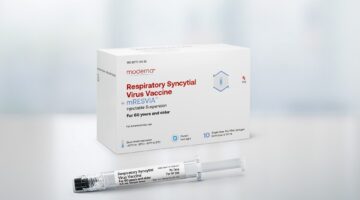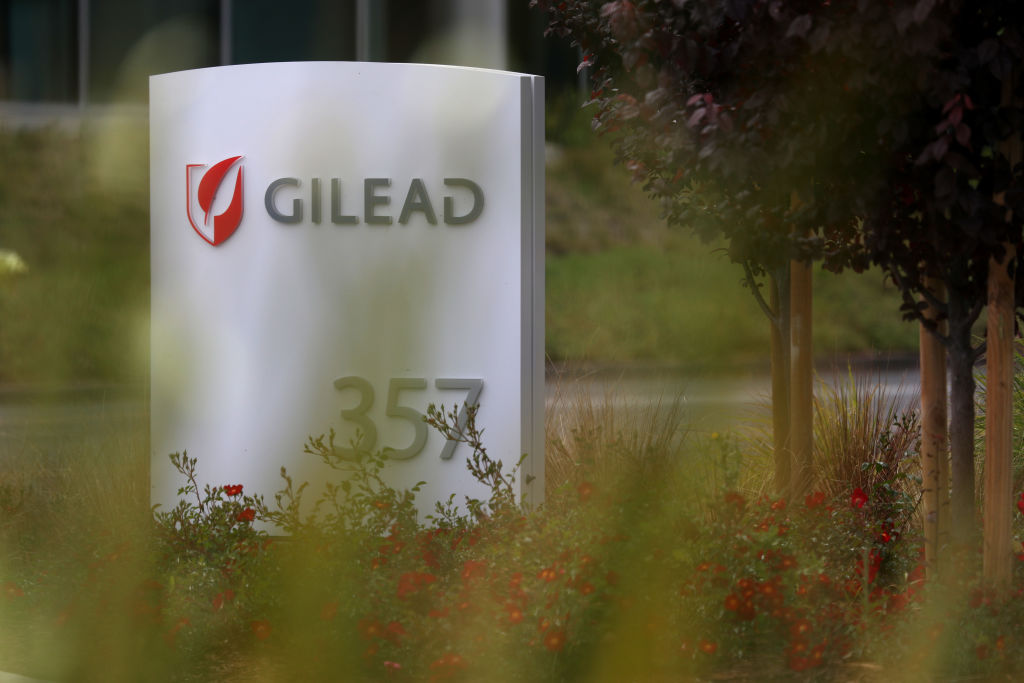I have long been skeptical of Lipodissolve claims. Patients would ask about the injections that dissolve the fat without surgery. How it worked? How safe is it? Do you do it? Do you know anyone who does?
The FDA has finally issued a warning
On April 7, 2010, FDA announced it had sent warning letters to six medical spas in the United States—and a cyber letter to a company in Brazil—for making false or misleading statements on their Web sites about drugs used in the procedure, or for otherwise misbranding lipodissolve products.
The U.S. medical spas receiving warning letters make various unsupported claims about lipodissolve, such as assertions that the products used in lipodissolve
- are safe and effective
- have an outstanding safety record
- are superior to other fat-loss procedures, including liposuction

Using Informed Awareness to Transform Care Coordination and Improve the Clinical and Patient Experience
This eBook, in collaboration with Care Logistics, details how hospitals and health systems can facilitate more effective decision-making by operationalizing elevated awareness.
Notice the “unsupported claims” phrase. I have never been able to find any good articles regarding lipodissolve so that I could intelligently answer questions regarding it.
Lipodissolve is a procedure where the patient receives a series of drug injections intended to dissolve and permanently remove small pockets of fat from various parts of the body. This procedure is also known as injection lipolysis, lipozap, lipotherapy, and mesotherapy.
The drugs most regularly used in the lipodissolve injection procedures are phosphatidylcholine and deoxycholate (commonly called PC and DC, respectively). Other ingredients may also be used, including drugs or components of other products such as vitamins, minerals, and herbal extracts.
None of the drugs or products used have been approved by the FDA for fat dissolving or fat removal.

Unlocking Transparency in PBM Pricing
The TSX Venture Exchange has a strong history of helping early-stage health and life sciences companies raise patient capital for research and development.
The FDA wants any potential lipodissolve patients to be aware:
- None of the drugs/products used in the procedure have been evaluated or approved by the FDA.
- The FDA is not aware of evidence supporting the effectiveness of the substances used in lipodissolve for fat elimination.
- The safety of the substances used in lipodissolve, when used alone or in combination, is unknown.
- The FDA is not aware of clinical studies to support medical uses of lipodissolve.
In addition, FDA has reports of unexpected side effects in people who’ve undergone the lipodissolve procedure. These side effects include:
- permanent scarring
- skin deformation
- deep, painful knots under the skin in areas where the lipodissolve treatments were injected
I continue to tell patients that I do not advise the use of these lipodissolve procedures. For me (and the FDA), lipodissolve is “too good to be true.”
Dr. Ramona Bates is a plastic surgeon in Little Rock, Arkansas, who writes regularly at Suture for a Living.
This post appears through the MedCity Influencers program. Anyone can publish their perspective on business and innovation in healthcare on MedCity News through MedCity Influencers. Click here to find out how.












